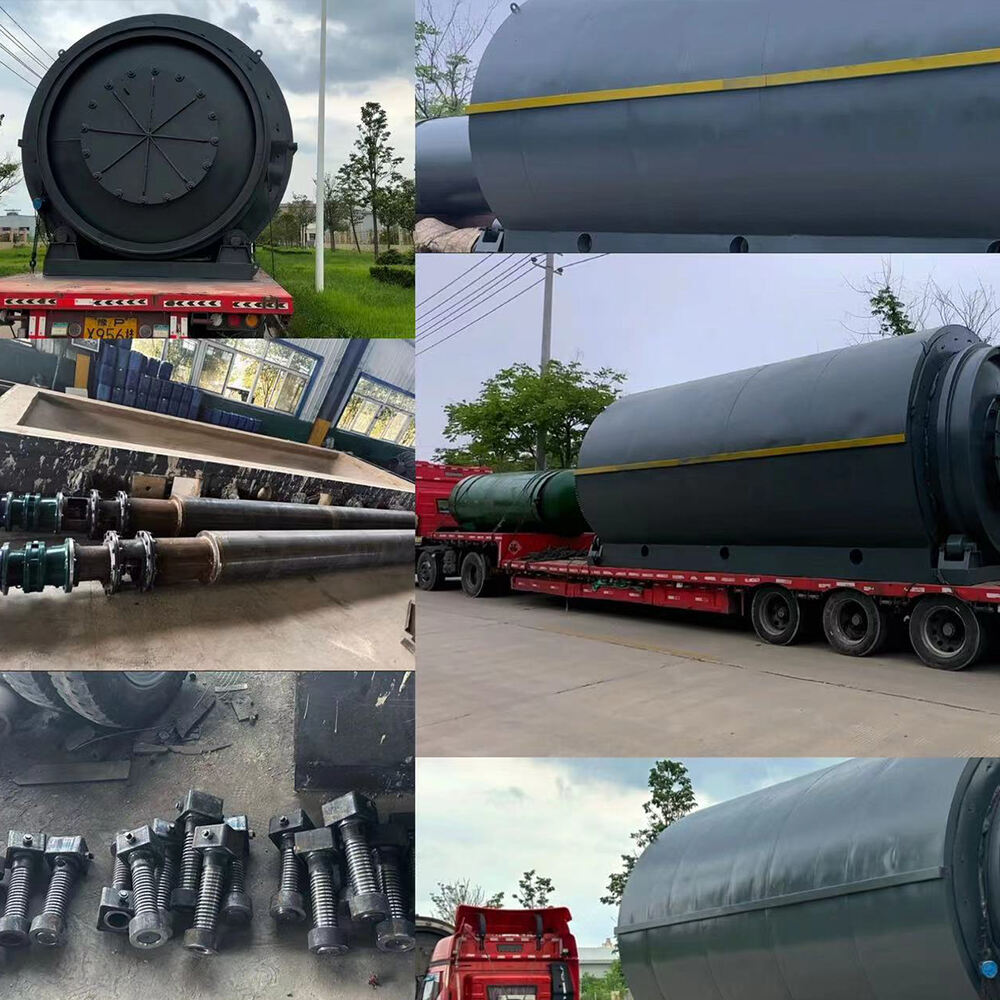Understanding Future Trends in Crude Oil Distillation
The distillation of crude oil stands as one of the most important steps in any oil refinery operation. Basically what happens here is that crude oil gets broken down into different parts using heat treatment processes. Without this fundamental step, refineries wouldn't be able to produce those everyday fuels we rely on so much - think about all the gasoline filling our cars, diesel powering trucks across highways, even jet fuel keeping airplanes airborne. When looking at worldwide energy needs, these products really matter. That's why finding ways to make distillation work better isn't just an engineering challenge but something with huge implications for how efficiently our entire energy system operates day after day.
With energy demands around the world going up all the time, crude oil refineries really need better distillation methods to keep pace. Tech improvements plus changing market conditions mean refiners must constantly update their distillation techniques. These upgrades do more than just satisfy growing fuel needs they also let plants handle different kinds of crude oil, including those extra heavy varieties that are becoming more common in today's market. The industry is definitely transforming as we speak. By keeping track of these developments, refineries can actually prepare themselves for what comes next rather than scrambling when problems arise down the road.
Key Trends in Crude Oil Refinery Processes
Crude oil refineries are changing quite a bit these days thanks to new distillation tech coming online. We're seeing things like heat exchangers that work way better than older models, plus separation methods that just keep getting smarter. All this means higher yields from the same amount of input while using less power overall. The benefits go beyond just saving money too. Modern distillation setups actually help cut down on emissions because they manage energy so much more effectively. Some plants have reported cutting their carbon output by double digits after upgrading their equipment. This matters a lot when looking at long term sustainability goals for the industry.
Sustainability is becoming a major factor in how crude oil gets distilled these days. Many refineries now implement carbon capture systems alongside various waste cutting measures simply because they need to meet international climate goals. The reality is pretty straightforward really. Governments across the globe have been tightening regulations around emissions for years now. Take for instance the European Union's strict environmental laws or California's ambitious clean energy mandates. Oil companies face real financial pressures too when it comes to going green. That's why we see so many big names investing heavily in new technologies lately. Some are experimenting with advanced filtration systems while others test out alternative feedstocks altogether. The bottom line remains clear though environmental responsibility isn't just good politics anymore it's fast becoming business necessity.
The move toward renewables has pushed refiners to get creative with their approaches. When companies start using green power for their operations, they're checking off boxes for regulators while cutting down on oil reliance at the same time. We're seeing all sorts of new techniques emerge in refinery work, which keeps these facilities relevant as the world shifts away from old energy models. Many businesses are now adjusting how they run day to day, trying to balance profit margins with greener practices. Some are mixing conventional refining tech with newer eco-friendly solutions, creating hybrid systems that work better than either approach alone.
Technological Innovations Shaping the Future
New technologies are changing how crude oil refineries work, making them more efficient and environmentally friendly. A recent development worth mentioning involves smart distillation columns connected through IoT systems. These setups let operators keep track of what's happening during distillation as it happens, so they can tweak things on the fly for better results. The benefits go beyond just saving time money too. When processes run smoother and more accurately, we see noticeable improvements in production yields across most facilities that adopt these smart solutions.
Digital transformation in oil refineries involves adopting advanced analytics and machine learning algorithms. These technologies facilitate predictive maintenance, allowing for timely interventions before issues arise, thereby minimizing downtime and optimizing yields. By harnessing vast amounts of data, refineries can make informed decisions that improve both operational efficiency and profitability.
Bringing in these cutting edge tech solutions makes operations safer while cutting down on environmental harm. The IoT systems that are now common across refineries offer round the clock monitoring capabilities, which means problems get spotted fast before they become serious safety issues. At the same time, these smart systems slash running expenses and cut back on pollution from the distillation process itself. This fits right into what's happening worldwide where companies everywhere are trying to green up their act. Refineries aren't standing still either. Many plants have started retrofitting old equipment with new sensors and controls, showing how the industry wants to balance efficiency gains with doing less damage to the planet for generations ahead.
Challenges Facing Crude Oil Distillation
The process of crude oil distillation has hit some major roadblocks lately because of all these strict regulations and compliance demands. Around the globe, governments keep raising the bar when it comes to safety measures and environmental protection laws, which means oil refineries have no choice but to tweak how they operate. Meeting these ever-changing rules costs money, so refineries must shell out for better equipment and additional staff training just to stay within legal boundaries and dodge those hefty fines. Going green isn't just about checking boxes anymore either. With consumers increasingly asking for cleaner products, many in the industry realize sustainability needs to be part of their core business strategy rather than something tacked on at the last minute.
Keeping control over operating expenses remains a big headache for many in the industry, especially since crude oil prices swing around so much. When oil costs jump up or down unexpectedly, it really eats into profit margins, which forces distillers to constantly watch their budgets. Quick adjustments to spending become absolutely necessary if companies want to stay financially stable during these uncertain times. Refineries across the country are now looking at various options to cut costs. Some are investing in automated systems while others focus on improving energy efficiency through better insulation and smarter heating processes. These changes help soften the blow of those unpredictable market swings.
Refineries facing rising operational costs and stricter environmental regulations are increasingly adopting automated systems along with better energy management solutions. The move toward automation helps cut expenses significantly while keeping up with all the necessary regulations from government agencies. When companies integrate modern tech into their facilities, they find that day-to-day operations run smoother, there's less material wasted during processing, and overall energy consumption drops quite a bit. Making this kind of investment pays off in multiple ways beyond just saving money at the bottom line. Sustainable practices become part of standard operating procedures, which means crude oil distillation can continue without compromising long term goals for both profit margins and ecological responsibility.
Product Spotlight: Waste Oil Distillation Plants
More waste oil distillation facilities are now adopting cutting edge tech to turn old plastics and spent oils back into valuable resources, making them central players in circular economy efforts. What makes this approach stand out from regular crude oil refining is how it transforms discarded materials into new products that can be put back into circulation, helping cut down on pollution while still meeting production needs. These technological advances fit right into what we're seeing across the sector these days - companies trying hard to green up their operations. Some plants have already started producing biofuels through this method, offering cleaner alternatives to fossil fuels without sacrificing output quality or quantity.
A real game changer in recent years has been these mini petrochemical plants designed specifically for small scale pyrolysis of waste oils. For smaller producers who want to get into distillation but don't have millions lying around for big factory setups, these compact systems make it possible. The cost savings are substantial compared to traditional large scale operations. What's really exciting about this tech is how it opens doors for local businesses to actually participate in the recycling economy. They can process their own waste streams right on site, cut down on disposal costs, and generate some extra revenue from selling distilled products. Plus, it helps reduce environmental impact by keeping waste materials out of landfills instead of just shipping them somewhere else.
What we're seeing now matters because it tackles real problems with waste disposal while creating new ways to generate power from things we'd normally throw away. The field is changing fast, and these tech advances help cut down on trash piling up in landfills. Plus, they point us toward a greener tomorrow rather than just business as usual. This fits right into what's happening across the petroleum sector too where refineries are getting smarter about how they process raw materials and reduce their environmental footprint at the same time.
Future Predictions and Market Outlook
Recent market data shows we're seeing a real change in how people want their energy produced, which is shaking up the whole crude oil distillation business. With so much attention these days on green alternatives and reducing carbon footprints, oil refineries aren't standing still anymore. They're looking at all sorts of ways to cut down on those harmful emissions while making better use of energy resources. Some plants have already started implementing new technologies that help them meet stricter environmental regulations without breaking the bank. The pressure comes from both government mandates and consumers who increasingly care about where their fuel comes from and what impact it has on the planet.
The latest demand projections indicate crude oil will still dominate as a main energy supply for some time, but we're seeing big money flowing into alternative energy tech right now. As this transition gains momentum, oil refineries are going to have to rethink how they operate their distillation units and other core processes. For companies working in the refining business, staying ahead of these changes means adapting quickly to new realities. Many are already experimenting with solar thermal systems and biofuel integration to keep up with competitors who are embracing greener approaches. Those that fail to pivot risk falling behind in both efficiency and profitability metrics that matter most in today's evolving energy landscape.
Refineries processing crude oil need to start looking at hybrid tech solutions that mix traditional distillation methods with green energy inputs. This approach lets them ride the wave of what's happening in the industry right now. When refiners install these mixed systems, they address changing customer demands for cleaner products while actually cutting costs over time. The real value comes from combining old school refining techniques with solar or wind power integration points throughout the facility. Many operators report seeing both environmental improvements and bottom line savings after making this transition, which explains why more plants are experimenting with these combinations despite initial investment concerns.


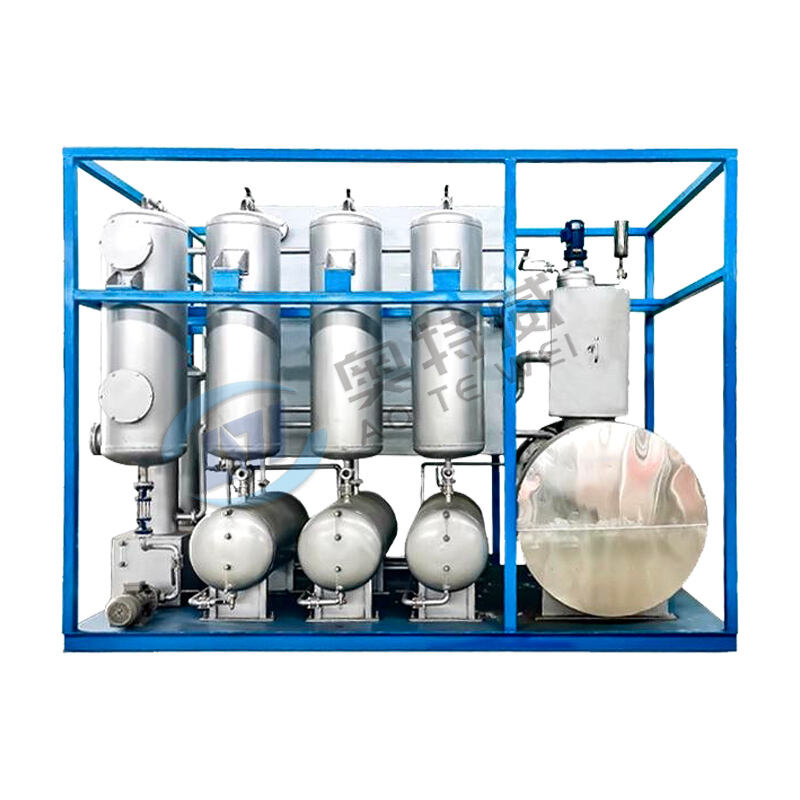
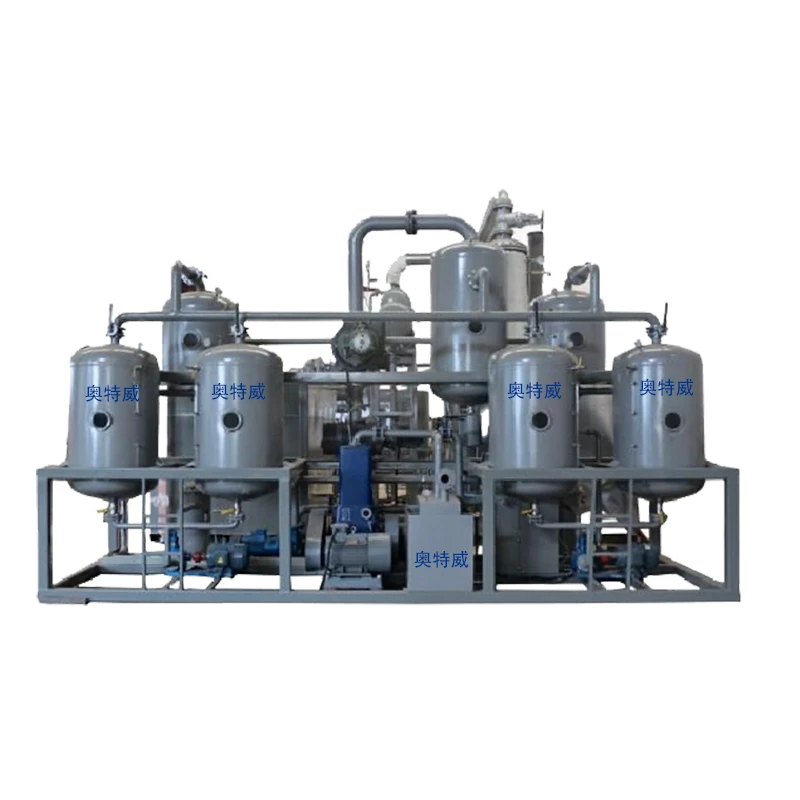
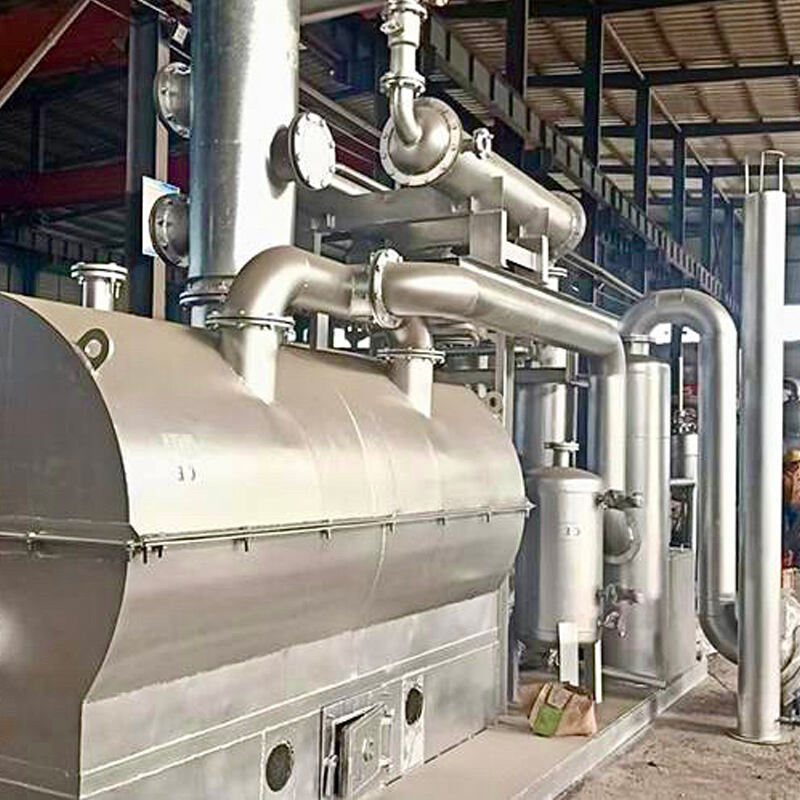
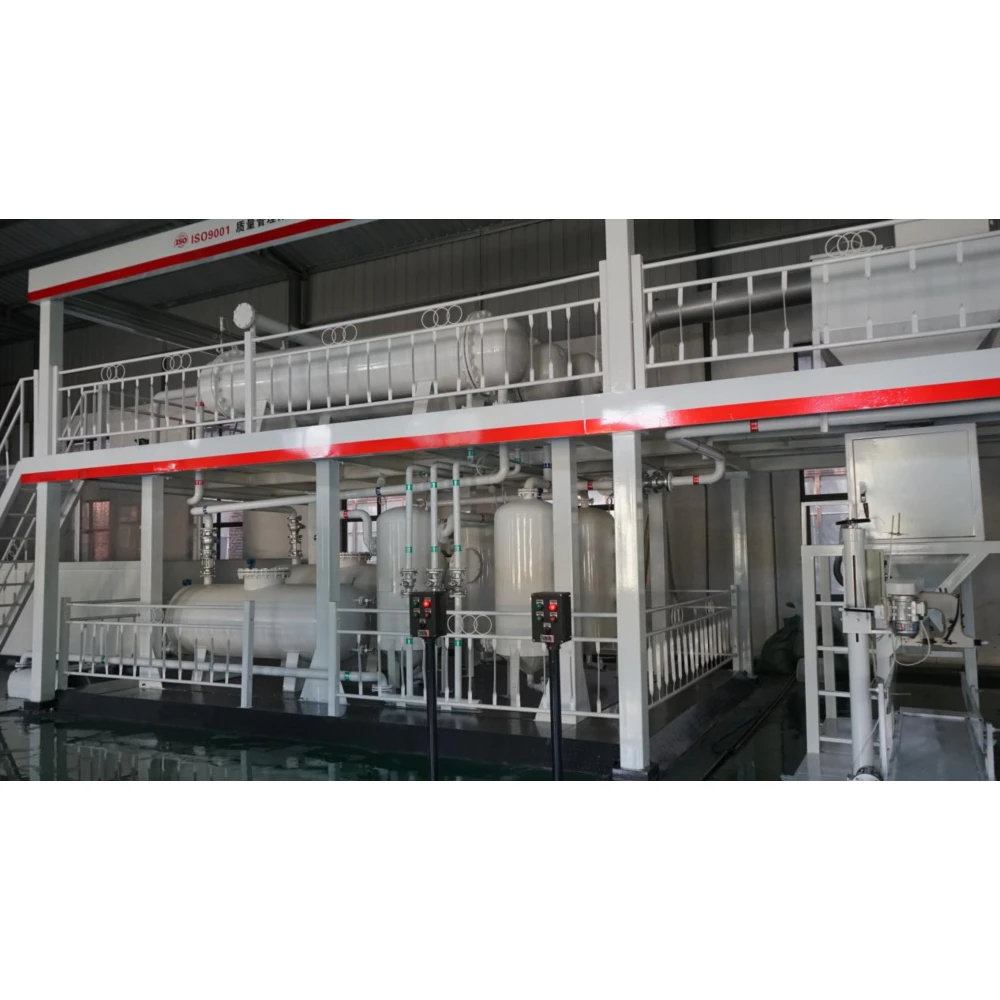
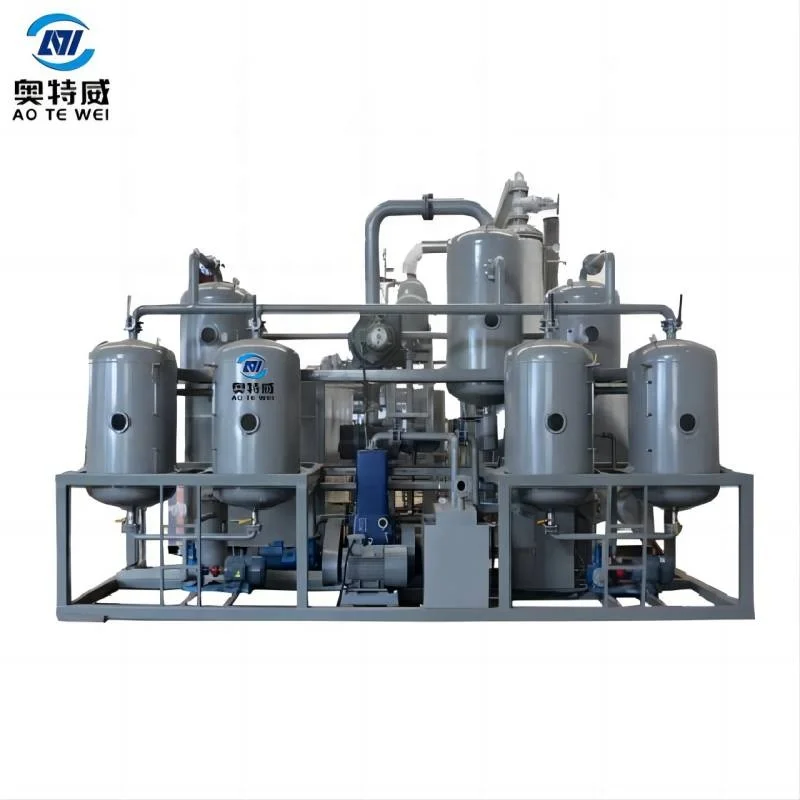
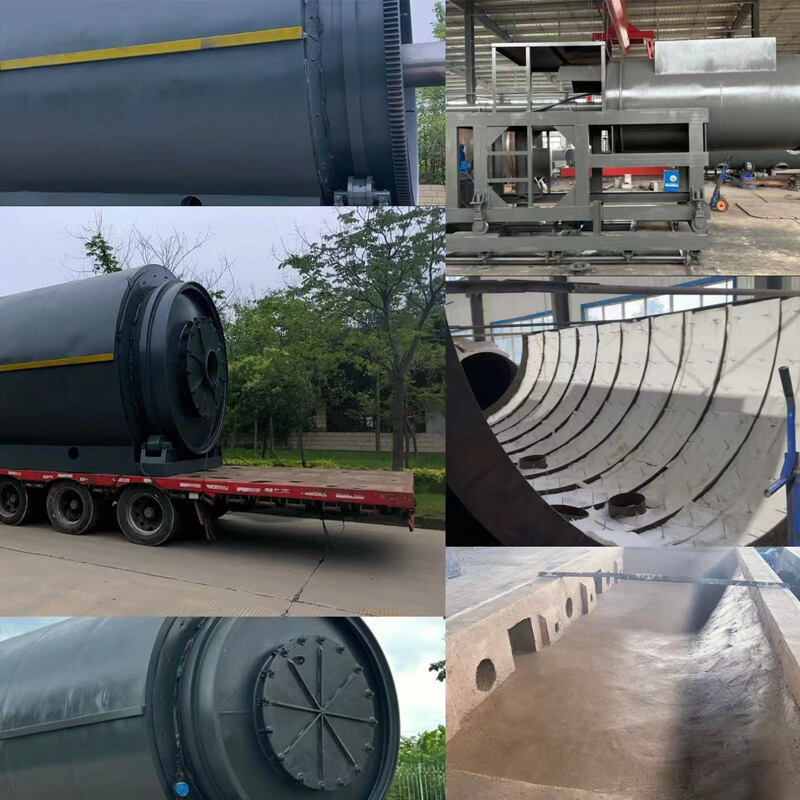

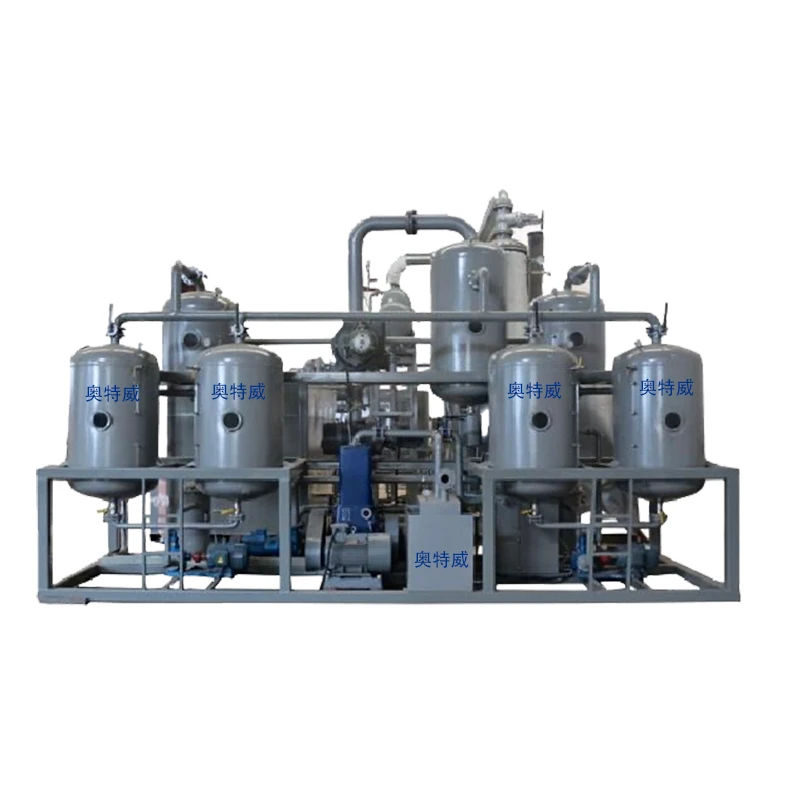
 Hot News
Hot News